Contamination OCD in the Coronavirus era: Is it possible to be too cautious?
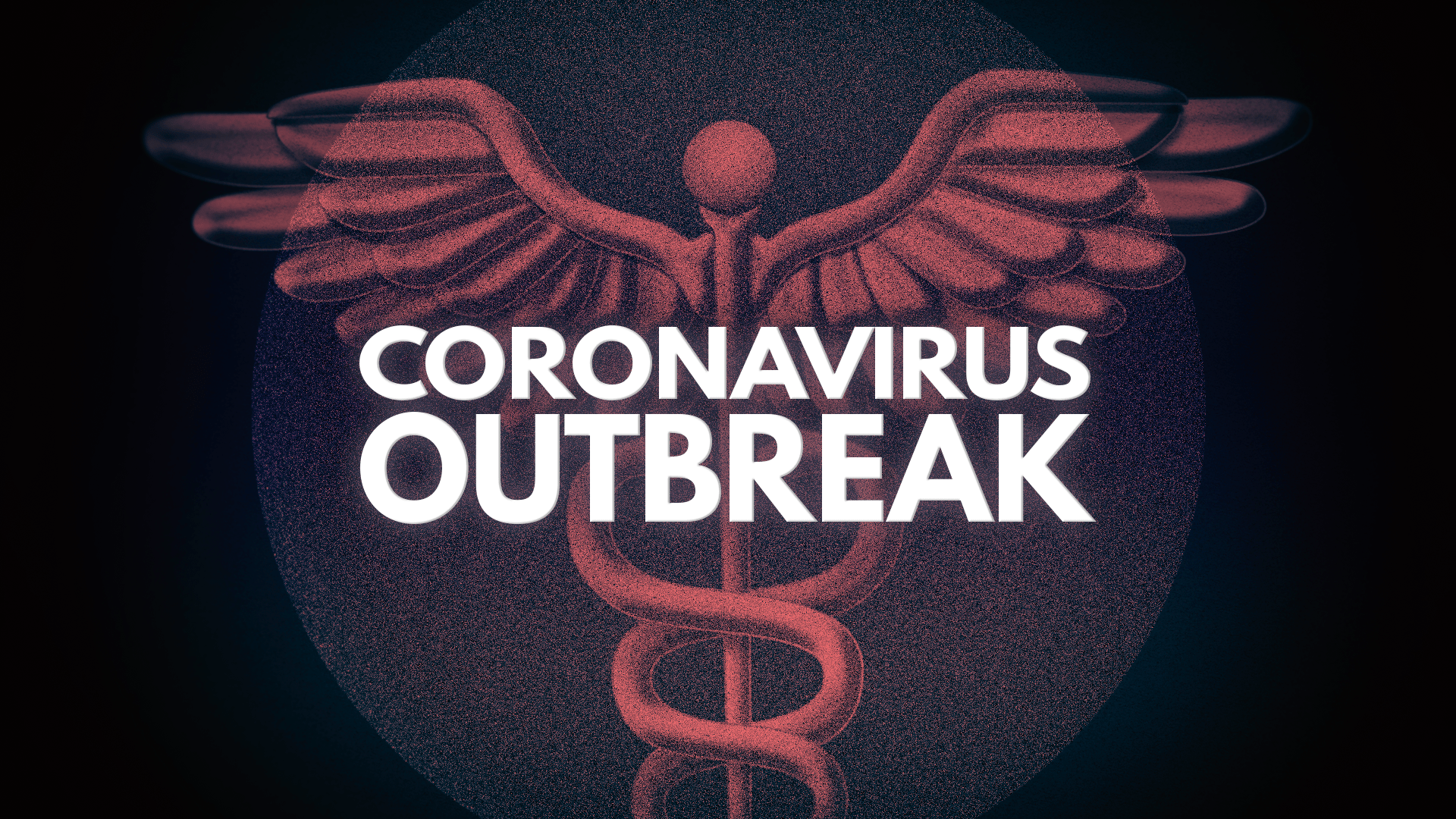
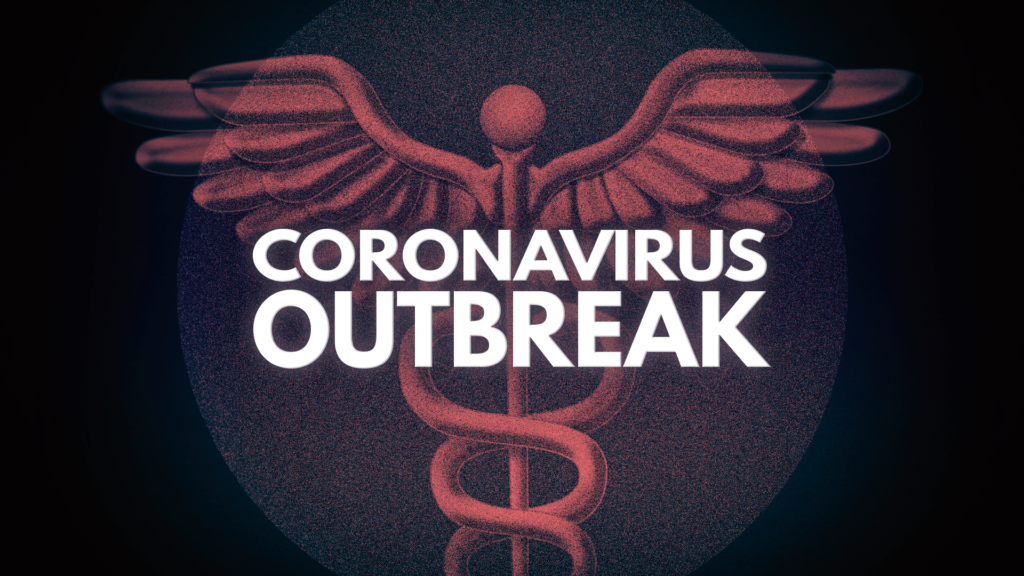 Image credit: Keloland.com
Image credit: Keloland.com
News about the Coronavirus (COVID-19) has all of us on high alert. Cities worldwide are on lockdown, and more cases are being reported all over the world every day. Here in Southern California, Mayor Eric Garcetti and the Los Angeles Department of Public Health declared the situation a local emergency.
People are reconsidering travel plans, if not canceling them. Large public gatherings and events are being cancelled. In-person classes and work settings are being shifted to remote, online options.
Many are stocking up on face masks, hand sanitizer, and other disaster preparedness supplies – if we can find them.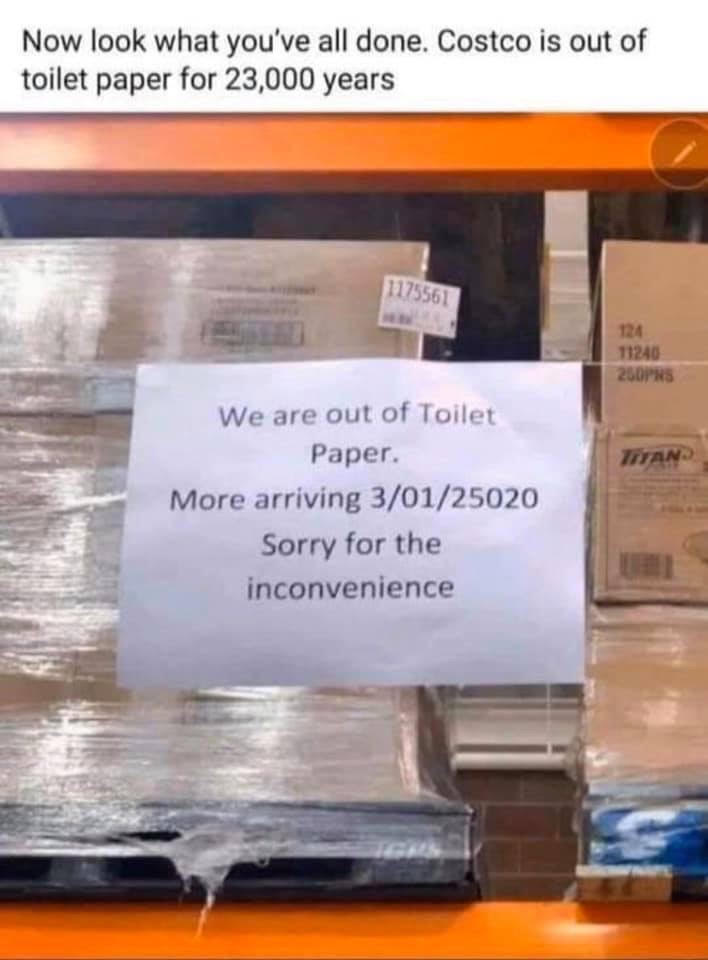
We may also find ourselves being more thoughtful about the sink handles, door knobs, and other surfaces we come into daily contact with, washing and wiping a bit more thoroughly than we typically do.
This is all fine and good for most of us, as we are merely heeding the advice of public health authorities and scientific experts to minimize the risk of contracting the Coronavirus ourselves, or spreading it to others.
However, at a time like this when there is a lot of fear and anxiety about the virus everywhere we look, there is also another possible concern lurking in its shadow: This time is also ripe for an uptick of Obsessive Compulsive Disorder OCD.
In particular, there is an understandable increase in incidence and severity of Contamination OCD, a well known form of OCD characterized by crippling anxiety about germs and contracted illness, coupled with ritualistic washing and wiping.
OCD has historically been categorized as an Anxiety Disorder, and loves to prey upon situations that are uncertain. For people prone specifically to contamination OCD (colloquially, and sometimes pejoratively referred to as “germaphobes”), the Coronavirus situation may serve to validate and even amplify their fears and habits around exposure to germs (e.g. excessive washing and disinfecting, avoiding touching certain feared objects, door handles, etc.). Meanwhile, people who otherwise do not suffer from OCD are now thinking and acting similarly to how OCD sufferers do under normal non-outbreak circumstances.
So if OCD wasn’t already a crippling mental health issue to be struggling with, the outbreak of Coronavirus has the potential to make the battle against unwanted thoughts and neutralizing rituals even more heightened.
Most people are thinking, “If there ever was a time to be extra attentive and thorough with our hygiene – this would be it, right?”
The answer is yes, of course – but with some important qualifiers.
Of course, education about appropriate hygiene, washing, and cleaning practices for preventing the spread of COVID-19 is helpful to all of us.
However, for those prone to, or already suffering from contamination OCD, the fear and anxiety likely predate the outbreak of Coronavirus. Their ability to tolerate uncertainty is already vulnerable, and they may already be extremely (if not dysfunctionally) thorough in hand-washing (frequency, time spent, washing up far beyond their hands), wiping (frequency, amount of wipes used, etc.), and avoiding possible contact with contaminants . As a result, this is likely a particularly distressing time for such individuals, as a very real threat serves to validate what are otherwise typically inflated anxieties and dysfunctional habits.
OCD is a mental and behavioral trap of trying to seek absolute certainty about a feared situation.
OCD tells the sufferer to “make sure,” and perform habits that temporarily seem to eliminate any grey areas of uncertainty. The problem is that the threat of COVID-19 serves to blur and expand those grey areas.
So how can OCD sufferers cope with the coronavirus situation without merely giving in to compulsions and making their OCD worse?
Where is the line between “reasonable” precautions and unnecessary avoiding?
What is an “appropriate” level of washing? When is it advised to wash? For how long?
Often the very crux of determining whether someone’s OCD gets better or worse is whether the sufferer can face feared images, thoughts, or situations (rather than avoid them), while also refraining from performing compulsions designed to reduce the resulting distress a la Exposure with Response Prevention (ERP). This means wading into the waters of uncertainty, which non-sufferers take for granted and tolerate well.
Here are a couple of questions to consider if you are 1) suffering with Contamination OCD, 2) have been engaged with Exposure with Response Prevention (ERP) treatment, and/or 3) are anxious that you may be developing extreme habits in response to COVID-19:
1) Is this something you dealt with before the coronavirus?
If so, make sure to adhere to guidelines put out by the Center for Disease Control and the World Health Organization (see below), but not anything excessive beyond that which is advised. As always, excessive cleaning or avoidance may feel reassuring in the short term, but can prolong the distress of OCD in the long term.
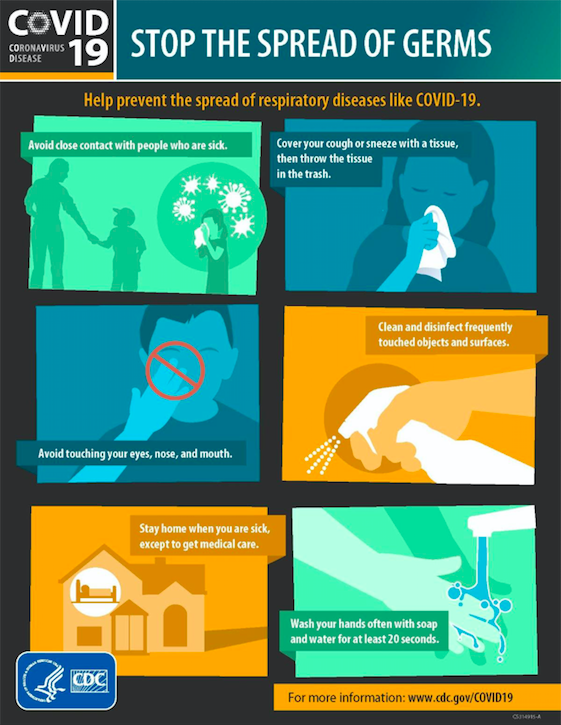
Hand-washing is recommended for 20 seconds, and in the following circumstances:
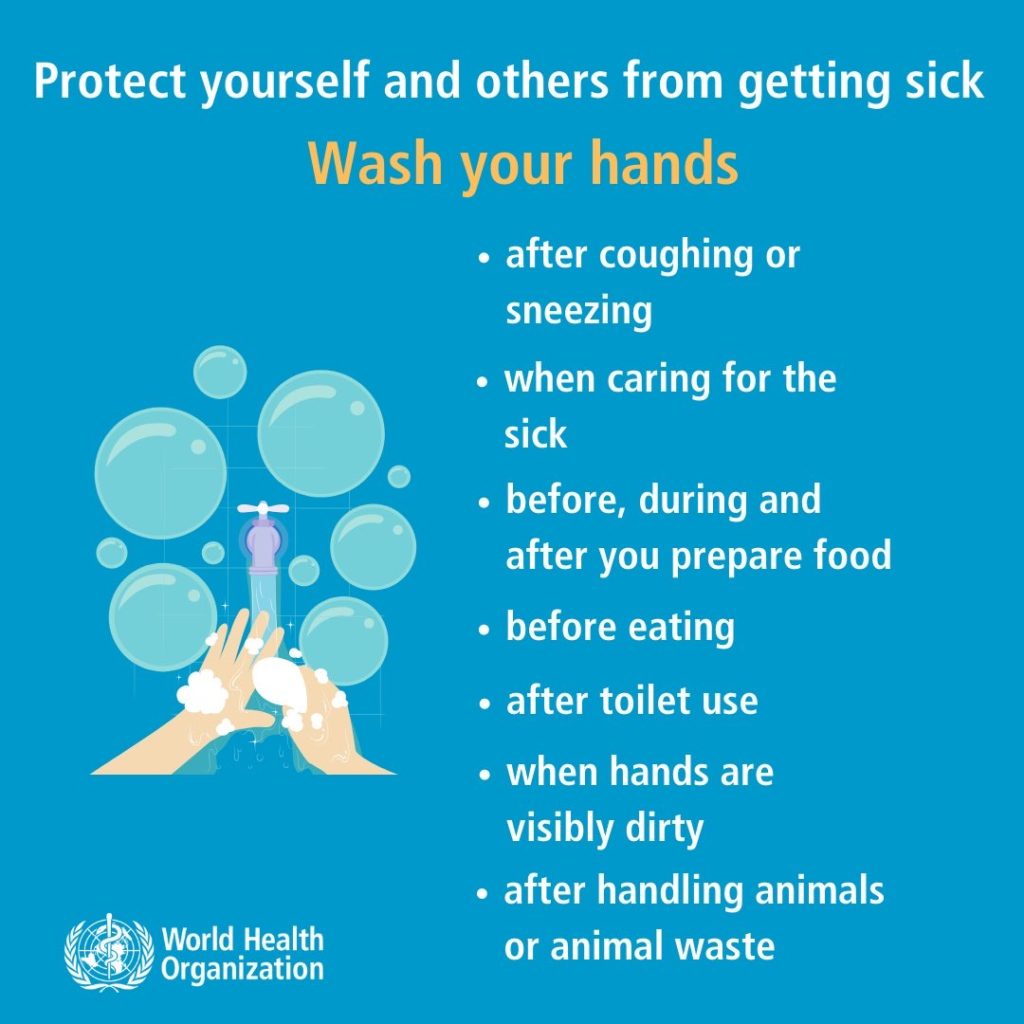
Note that the recommendation is not to wash far past our wrists or elbows. Also, excessive washing to the point of dry, cracked, or bleeding hands can be problematic because open wounds can easily get infected.
2) Are you avoiding more places and situations out of fear than the average person?
We have all had to alter work and travel plans out of a concern for contracting Coronavirus or due to restrictions by travel authorities. This is understandable, and the disruptions to work, school, and recreation have been essential to public safety. However, while the threat of actually contracting or spreading Coronavirus should not be underestimated, it may be possible to be overly and unnecessarily cautious as well.
Instructions by local health authorities to shelter in place undoubtedly have disrupted life as usual for all of us. However, unless otherwise advised in your area to be in complete lock-down from the outside world, limited trips to purchase food and other essential supplies, put gas in your car, and attend medical appointments are not completely prohibited. Taking walks in your own neighborhood with appropriate social distancing and face masks has also not been discouraged.
If complete self-quarantining has not been advised for you, there may be ways to adapt to life during the COVID-19 pandemic without distress beyond the levels that most others experience. Take appropriate precautions, but again, if you have struggled with Contamination OCD, there may be a pull to avoid, isolate, and decontaminate even more than is necessary, or helpful. Also, on a more personal note, social distancing aside, there certainly has not been any instruction to specifically avoid heavily Asian areas, Asian businesses, or Asian people (that includes Psychologists!)
Coronavirus or not, we all need to be able to tolerate and accept some uncertainty every day.
3) Are the precautions you are taking causing more distress than they seem to be for others around you (particularly, friends or family members that do not suffer with contamination OCD)?
You might notice that others around you are more concerned about hygiene and germs than is typical for them. Again, this is appropriate given the circumstances.
However, the precautions taken by non-OCD sufferers are less likely to increase intrusive thoughts and distress in the long term. By contrast, if you are taking “precautions” from a place of inflated fear to alleviate OCD-related distress, you will likely experience some temporary relief, followed by longer term anxiety and urges to perform more elaborate compulsions. Consider adjusting hygiene and safety measures to mirror your environment and your non-OCD friends and family.
Concern about Coronavirus should lead to preventative action, and then allow you to generally go about functioning in your daily life (within the restrictions of social distancing and sheltering in place). If your concern feels more like repetitive rumination, and leads to a worsening cycle of ritualizing, worrying, and more ritualizing, then you may be taking unnecessary precautions and feeding into the trap of OCD.
4) Are there other forms of OCD that you can continue to be working on (e.g. Checking behaviors, Harm OCD, Relationship OCD, Sexual orientation, Scrupulosity, etc)?
Since many people suffer from more than one form of OCD at the same time, remember that there may be other forms of intrusive thoughts and habits unrelated to contamination that you can continue pushing back on. Exposure (methodically confronting fears) and Response Prevention (cutting back rituals and compulsions) related to checking behaviors, harm-related thoughts, perfectionism, sexual orientation and relationship anxiety, and other types of concerns may still be more cut and dry – even while contamination concerns feel inflated and blurred. Stay focused on what you know clearly to be extreme and problematic.
As grey as it may seem, there can certainly be a line on the other end of appropriate hygiene and safety precautions where excessive cleanliness just leads to suffering in the form of OCD.
COVID-19 is indeed a global health threat that we all need to take seriously. At the same time, the core mechanism maintaining OCD and the principles of effective Exposure with Response Prevention remain the same.
If you found this article helpful, please consider sharing it with others. If you are interested in a consultation to address OCD, please contact us.

Martin Hsia, Psy.D. is the Clinical Director of CBT SoCal, and specializes in helping people with OCD, Anxiety, and Insomnia in Glendale, CA.
